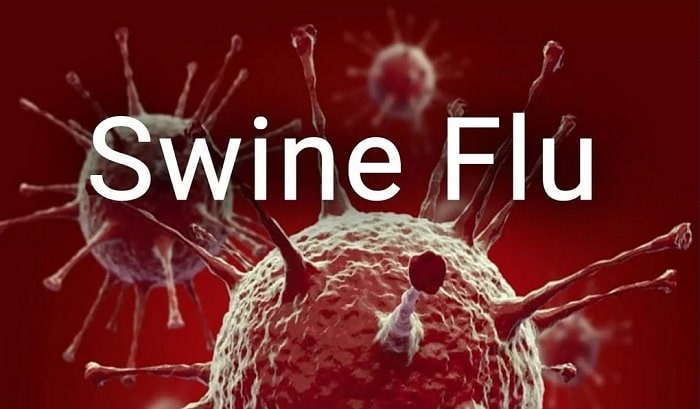Swine flu
Dear friends! With the changing of weather, cases of Swine Flu have also started appearing. That’s

why, Dr. Ruby Bansal – a Preventive health & Infectious Diseases Expert – has written this article on the subject – what are the symptoms of this disease, what are the causes of this and how to prevent it… Dr. Priya Kapur, Editor WOW Web
Swine flu Causes Symptoms Treatment and Vaccination
Currently due to sudden change in weather many people are coughing and suffering from fever its favourable time for viral infections one of which is swine flu.
What is swine flu which is spreading around Causes, Symptoms, and Prevention

Swine flu, also known as H1N1 influenza, is a respiratory illness caused by the H1N1 virus. It first emerged in 2009, causing a global pandemic. While the virus has since become a seasonal flu virus, outbreaks can still occur. Understanding the causes, symptoms, and prevention measures is essential in managing the risk of swine flu.
Causes:
Swine flu is caused by the H1N1 virus, which is a subtype of influenza A virus. The virus can spread from person to person through respiratory droplets produced when an infected person coughs or sneezes. It can also spread by touching surfaces contaminated with the virus and then touching the mouth, nose, or eyes.
Symptoms:
The symptoms of swine flu are similar to those of seasonal influenza and can include:
Fever
Cough
Sore throat
Runny or stuffy nose
Body aches
Fatigue
Headache
Chills
Some people may also experience diarrhea and vomiting
Prevention:
Preventing swine flu involves practicing good hygiene and getting vaccinated
Vaccination: Getting vaccinated against the flu, including the H1N1 strain, is the most effective way to prevent swine flu. Annual flu vaccines are recommended for everyone over six months of age.
Hygiene: Wash your hands frequently with soap and water for at least 20 seconds, especially after coughing or sneezing. Use alcohol-based hand sanitizers if soap and water are not available. Avoid touching your face, especially your eyes, nose, and mouth.
Cover Your Mouth and Nose: When coughing or sneezing, cover your mouth and nose with a tissue or your elbow. Dispose of tissues properly and wash your hands immediately.
Stay Home When Sick: If you have flu-like symptoms, including fever, cough, and body aches, stay home from work or school to prevent spreading the virus to others.
Avoid Close Contact: Avoid close contact with sick individuals, and if you are sick, avoid close contact with others to prevent spreading the virus.
Treatment:
Most cases of swine flu are mild and can be treated with over-the-counter medications to relieve symptoms. However, in severe cases or for individuals at high risk of complications are advised by doctors antiviral medications like tamiflu and symptomatic treatment
Conclusion:
Covid is different from swine flu
Swine flu is a respiratory illness caused by the H1N1 virus. While it shares similarities with seasonal influenza, it can cause severe illness and even death, particularly in high-risk groups such as young children, pregnant women, older adults, and individuals with underlying health conditions. Practicing good hygiene, getting vaccinated, and staying informed about the latest developments in swine flu prevention and treatment are essential in reducing the risk of infection and mitigating its impact on public health.

